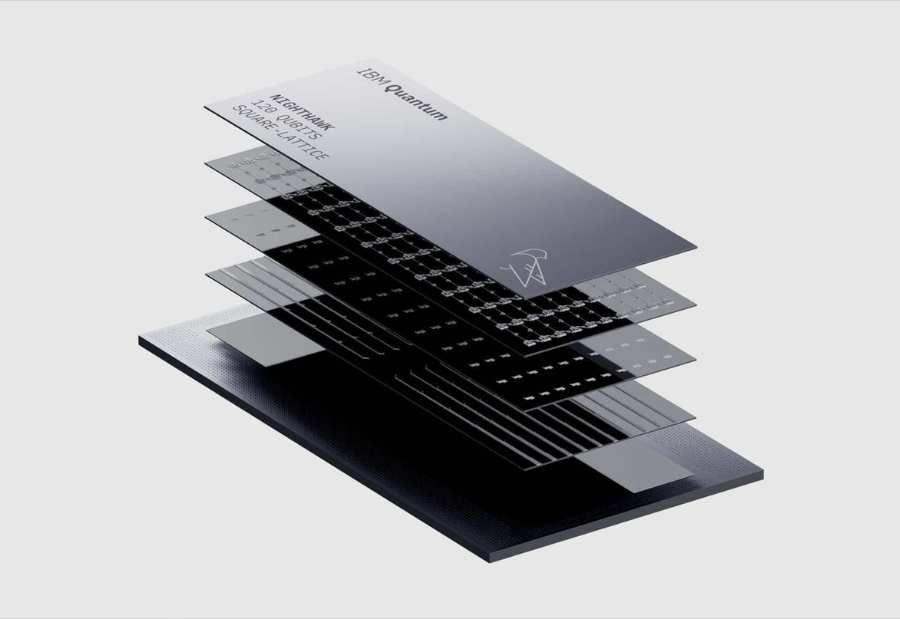IBM has introduced its most advanced quantum processor, stating that the new Nighthawk chip could help the company reach quantum advantage as early as next year. Quantum advantage refers to the point at which a quantum computer outperforms every classical system.
The chip was announced at the company’s annual Quantum Developer Conference held in New York on Wednesday, November 12. IBM said Nighthawk has been built with an architecture that works closely with high performing quantum software. The processor is expected to be available to IBM users by the end of this year.
Along with Nighthawk, IBM also announced an experimental processor to test features needed for quantum error correction, a faster quantum software stack, a quantum advantage tracker, and a facility for producing 300 mm quantum wafers. Together, these developments show that the company is moving towards delivering fault tolerant quantum computing by 2029.
Quantum systems are highly sensitive and lose their characteristics when they interact with the outside environment, leading to errors. Error correction is therefore essential for building useful and reliable quantum computers.
Jay Gambetta, Director of IBM Research and IBM Fellow, said, “There are many pillars to bringing truly useful quantum computing to the world. We believe that IBM is the only company that is positioned to rapidly invent and scale quantum software, hardware, fabrication, and error correction to unlock transformative applications. We are thrilled to announce many of these milestones today.”
Nighthawk features 120 qubits arranged in a square lattice. Each qubit is connected to four neighbours through 218 next generation tunable couplers. IBM said this design has 20 percent more couplers than its previous processor, enabling circuits with 30 percent more complexity while keeping error rates low. The chip will allow users to run problems that need up to 5,000 two qubit gates. IBM expects future versions of Nighthawk to support 7,500 gates in 2026, 10,000 gates in 2027, and up to 15,000 gates by 2028 with more than 1,000 connected qubits.
The company also shared other updates. It has developed a quantum advantage tracker with partners to monitor progress in achieving quantum advantage by 2026. Its software stack, Qiskit, now offers more control for developers, including error mitigation tools and a C plus plus interface. IBM plans to add libraries for machine learning and optimisation by 2027.
The company also introduced Quantum Loon, an experimental processor used to test new ideas for error correction. IBM said Quantum Loon has shown that all key components needed for fault tolerant quantum computing are now in place.
IBM added that the primary fabrication of its quantum wafers will take place at an advanced facility in New York, which has helped speed up improvements in processor development.
Also read: Viksit Workforce for a Viksit Bharat
Do Follow: The Mainstream formerly known as CIO News LinkedIn Account | The Mainstream formerly known as CIO News Facebook | The Mainstream formerly known as CIO News Youtube | The Mainstream formerly known as CIO News Twitter
About us:
The Mainstream formerly known as CIO News is a premier platform dedicated to delivering latest news, updates, and insights from the tech industry. With its strong foundation of intellectual property and thought leadership, the platform is well-positioned to stay ahead of the curve and lead conversations about how technology shapes our world. From its early days as CIO News to its rebranding as The Mainstream on November 28, 2024, it has been expanding its global reach, targeting key markets in the Middle East & Africa, ASEAN, the USA, and the UK. The Mainstream is a vision to put technology at the center of every conversation, inspiring professionals and organizations to embrace the future of tech.




